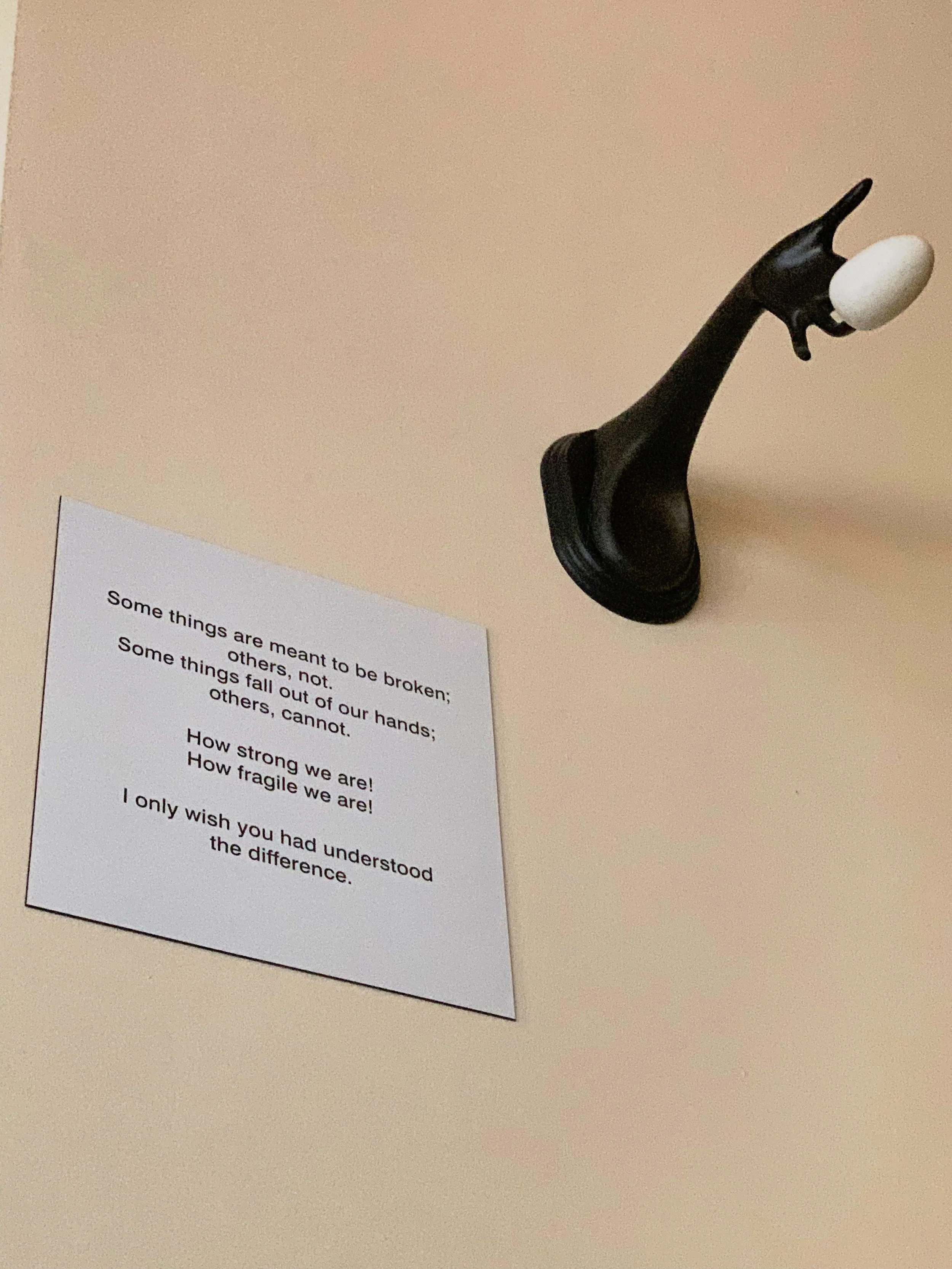FAQ & Resources
What if you don’t have any open spots? What can I do?
If I don’t have any open spots, I recommend Lauren Holland, LMFT in Ohio for child clients. Her website is www.laurenhollandmft.com. She works with children and families with children ages 3-12 years old.
I keep a portion of my practice for each of the areas of focus - grief, children/families, creatives/performing artists, neurodivergent folks, and the LGBTIQQA+ community. If there are no spots, I can follow up with you when a spot opens if you’d like.
Do you provide couples counseling?
No, I provide couples counseling at this time.
Do you provide family therapy?
I practice Filial Therapy, a family play therapy model to address the needs of children 3-12 years old. I do not provide other forms of family therapy at this time.
What sets you apart from other therapists who say they practice child therapy?
Many therapists share they use play in their practice with children, but have not taken further training on its use in therapy. Kimberly is a Registered Play Therapist Supervisor, which means she completed 3 years and 3000 hours of practice, clinical supervision, consistent continued education courses, and significant focus in at least two play therapy evidence based practices (Child Centered Play Therapy and Filial Therapy). This thorough training in addition to foundational clinical training, I provide an evidence based, solid guide for you and your child in treatment. In addition, I have also completed the rigorous training, coursework, clinical supervision, and hours of practice in Drama Therapy to meet the requirements to become a Registered Drama Therapist. She uses both modalities in a blended fashion to enhance the other, leaning on the research in neuroscience and behavior for both practices.
Do you work with adults in play, or do you do “talk therapy”?
Therapy is a co-created experience between therapist and client. I won’t provide play therapy or drama therapy to clients who prefer to talk during their sessions, and it is only through working together we decide how to explore your inner world. I work with adults who are open to expressive arts practices, and I work with adults who prefer to talk during session. All formats are welcome, and I will cater services to meet the client’s needs.
How much do your services cost?
Individual 50 minute sessions are $200 per hour. Sliding scale is available if the client is in need of that and therapy feels out of reach and there is caseload availability.
Sliding scale means receiving services at a reduced rate for those in need, and it is based on the number of people in your family and your household income. There are a percentage of spots in the practice reserved for sliding scale, and when they are filled, unfortunately, I cannot take further sliding scale clients.
Do you accept any insurance?
Kimberly Koljat Therapy LLC is a private pay practice, which means I do not bill as an in-network insurance provider. I can provide services as an out-of-network provider, meaning you submit a superbill to your insurance I provide you for purposes of potential fee reimbursement. I do not submit claims for you. Some clients use their HSA account to pay for services, which is an acceptable form of payment.
Therapy is an investment, and it’s important to work with someone who specializes in your therapeutic needs. You wouldn’t go to a general medical practitioner to have open heart surgery. The same is true in therapy- it’s important to find a therapist who is the right fit for your therapeutic need and works well with you relationally.
Are you seeing clients in person?
Yes, I am seeing clients in person at the office in Cleveland, Ohio. The office is located in Tremont. Telehealth clients can be located anywhere in California and Ohio.
You have information about CA and OH on your website. Do you see clients in both states?
I am licensed in both California and Ohio, and can see clients in both states.
How often do you attend therapy?
Therapy works best when it is a consistent process, and weekly appointments are best to maintain momentum, see treatment gains, and notice shifts in your therapeutic work. Switching to a bi-weekly time does happen for some clients in the termination stage of treatment, but only as clients are progressing out of their therapeutic work.
If you cannot attend weekly and request bi-weekly scheduling earlier in treatment, a referral out to another therapist who is able to accommodate this need may be necessary. We will discuss this if it were to come up and weigh the benefits and risks of all treatment decisions.
I don’t know if I can afford weekly therapy. What are my options?
If weekly therapy is not ideal due to cost, there are several options. If there are no sliding scale spots when you seek support, you can ask to be put on a waiting list for a sliding scale spot when it opens. We can provide referrals to lower cost clinicians who may be a better fit for your therapeutic need. We also occasionally offer groups, which are lower cost and can provide a vast therapeutic impact unlike anything else. Group therapy can be a cost-effective way to receive services and still meet weekly. Keep an eye on our group page for new offerings, or reach out if you are interested.
What if I want to check in with you between sessions?
Depending on your needs, occasional 15 minute consults are possible in between sessions free of charge. Should we go beyond the 15 minutes, time is prorated based on your hourly fee. If consults become more frequent, it may be we need to increase frequency of our sessions. We can discuss that in treatment.
Is drama therapy only for children?
No! Drama therapy is an embodied practice that is used with clients of all ages.
Is Play therapy really a valid way of working with clients?
Yes! Play therapy is an evidence-based intervention that incorporates the developmental needs of a child, and allows the therapist a window into their inner world. Play in itself is undervalued and trivialized in our culture, and for some adults, it may not make sense to lean into this. The work of play is serious work for the child. Play therapists re-learn how to speak the language of play, and can act as translators to the adults in that child’s life to better understand play themes, children’s needs, and amplify children’s strengths.
Drama Therapy Resources
Performing Artist and Creative Resources
East Bay Community Foundation (Bay Area, California)
CA$H Theatre Grant - Theatre Bay Area
Organizational Capacity and Project Planning Worksheets
Creative Capital - A terrific resource for individual artists as well as information about Creative Capital's funding program. The "Toolbox" section has a wealth of information on funding, insurance, and other resources for individual artists.
The Entertainment Community Fund (formerly The Actors Fund)
Backline case management
Play Therapy and Child and Family Resources
Association for Play Therapy website Parent’s Corner, with resources for families dealing with violence, grief, bullying, COVID-19, diversity and discrimination, natural disasters:
Association for Play Therapy Parent's Corner
Social, Emotional, and Behavioral Disorders of Children
Stages of Play Therapy and What to Expect
Directory of Credentialed Play Therapists and Supervisors
Helping Your child manage distress in the aftermath of a shooting
Neurodivergent and Sensory Differences Resources
Sensory Differences - A Guide for All
What’s your child’s sensory profile? And why it’s important to know.




